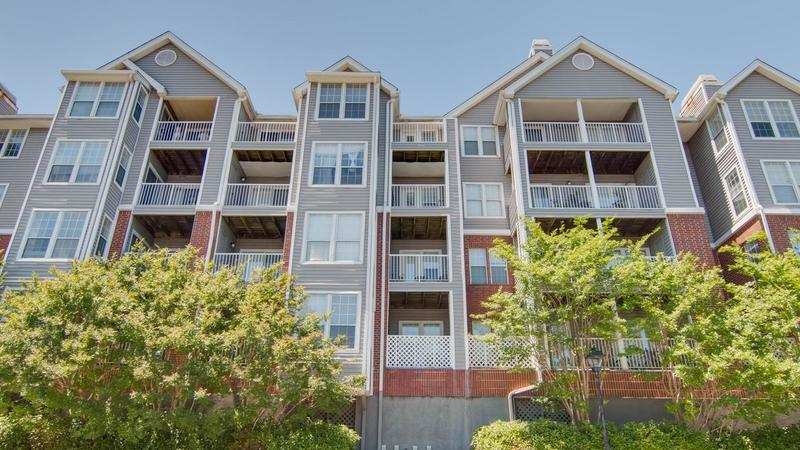

The Benefits of a 1031 Exchanges

The way it works is that when you sell a property, all of the proceeds of that property go into escrow, or what’s called a qualified intermediary. It's somebody who facilitates 1031 Exchanges. At that point, you have 45 days to identify properties. You can either identify up to three properties of any market value, or you can identify more than three properties, but they can't be more than double what the value of the property you're selling is. At that point, after you've done your identification, you then have a total of a 180 days to close on those one or more of those properties. From a practical and investor standpoint, right, you don't start looking for the properties the day of the closing of the property you’re selling. I mean, you know you're selling a property. There's typically about from the time you sold the contract from the time the buyer gets through their due diligence. There might be three months’ notice. You should be looking at a property that whole time. So that you're actually adding to the clock by looking for replacement properties before the 45-day window ever even start, which is the day you close on a sale. What could people be doing now, where the market is a little tighter.
Listen to full episode here: https://lifebridgecapital.com/2019/08/ws313-the-benefits-of-a-1031-exchanges-with-ted-lanzaro/
Let's say, I have a property that I might be willing to exchange, or let’s say I come across a great property right now. I know that I can put my other property on the market and probably sell pretty fast this market. There's a huge demand for rental properties right now. Let's say, I find a property that I know has a better rate of return than something I currently own. Well, now I can actually just say, “Okay, look. I'm going to buy this property.” I even start that process and then I put my other property on the market with the idea that I could probably – they might even end up exchanging simultaneously, right? You begin the process of buying the second property before selling the first one. Because I've identified this property. Maybe I just put a contract on it, knowing that I could sell. I mean, this is from an investor standpoint. Knowing that I can sell my existing property. Correspondingly. If I've got a property that I'm making, that I bought 10 years ago and I'm making 10% on it, I need to be able to find a better property in this market. That's why a lot of 1031 Exchanges, at least right now don't happen, because it's very difficult to find a better replacement property. I have a client who sold the property. He's got a million-dollar capital gain in it, to the cost $300,000 to if he has to pay the taxes. Well, we ultimately came – after looking at what was available in this market where he wanted to be, we ultimately came to the conclusion that he was better off paying the taxes than he was buying a property that he wasn't going to get a really good rate of return on and was going to be a management problem for him, because he didn't want to have big management problems.




Comments